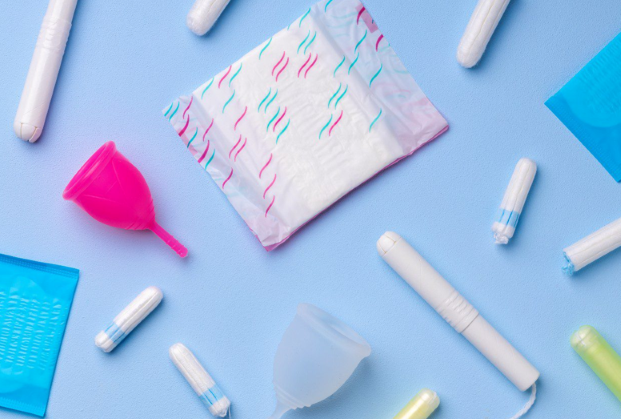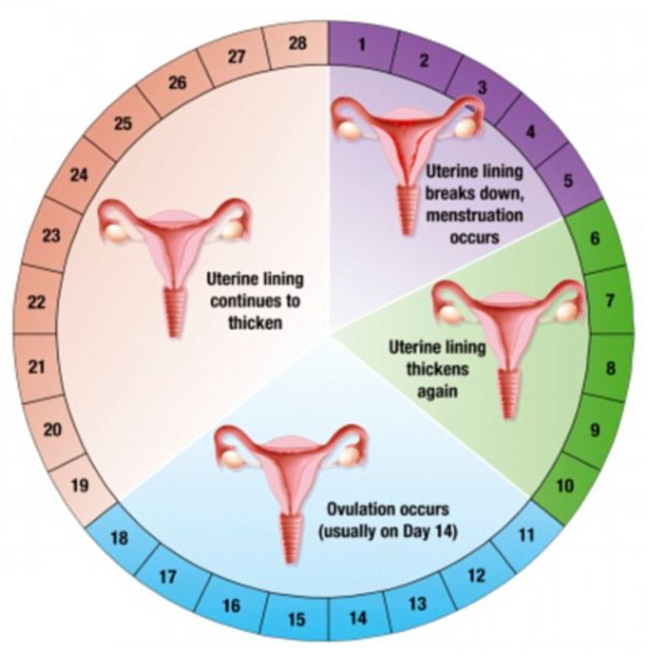Menstrual Health
Menstrual health is defined as complete physical, mental, and social wellbeing in relation to the menstrual cycle. This definition reflects the multifaceted nature of menstruation and the many ways the lives of those who menstruate can be affected by their ability to properly manage their menstrual health.
Achieving good menstrual health is not just a matter of ensuring access to menstrual products but also relies on individuals having the resources they need to participate fully in all spheres of life during their menstrual cycle. These resources might illustratively include information, supplies, sanitation facilities, supportive environments (including sensitised teachers and work supervisors), and accessible health-care workers e.g., community pharmacy staff trained in menstrual health disorders.
The World Health Organisation (WHO) calls for menstrual Health to be recognized, framed and addressed as a health and human rights issue, not a hygiene issue.
WHO calls for three actions.
- Firstly, to recognize and frame menstruation as a health issue, not a hygiene issue – a health issue with physical, psychological, and social dimensions, and one that needs to be addressed in the perspective of a life course – from before menarche to after menopause.
- Secondly, to recognize that menstrual health means that women and girls and other people who menstruate, have access to information and education about it; to the menstrual products they need; water, sanitation, and disposal facilities; to competent and empathic care when needed; to live, study and work in an environment in which menstruation is seen as positive and healthy not something to be ashamed of; and to fully participate in work and social activities.
- Thirdly, to ensure that these activities are included in the relevant sectoral work plans and budgets, and their performance is measured.
Providing treatment, referral, and reducing stigma around menstruation is extremely important. Being a trusted source of advice from an early stage of young women’s lives and thereafter there is also a lot that community pharmacy staff can do to support menstrual health by supporting discussions about menstruation to enable women to recognise what is normal and what is not. This includes breakthrough bleeding, menstrual syndromes (including depression), pain, endometriosis, infertility, polycystic ovarian syndrome and “red flag” symptoms to improve early detection of cancer. It is also an ideal opportunity to sell products e.g. sanitary products and medicines e.g. analgesia.
There is also some very useful information and a menstrual cycle video on the attached link regarding Periods and fertility in the menstrual cycle found on the NHS website covering:
- What is the menstrual cycle.
- What happens during the menstrual cycle.
- What are periods.
- What happens during ovulation.
- When a person is most fertile.
- Vaginal secretions.



